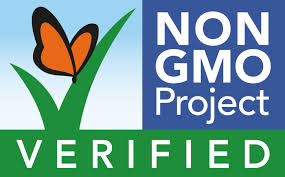
23 Jun The Food Safety Movement Grows Tall
Here are several excerpts from a blog post by consumer advocate, lawyer and author Ralph Nader about the growth of the food safety movement.
Let us celebrate today the latest initiatives of our nation’s growing food safety movement.
Across the country, consumers are demanding the right to know what is in their food, and labeling of genetically engineered food.
It’s a vibrant and diverse coalition: mothers and grandmothers, health libertarians, progressives, foodies, environmentalists, main street conservatives and supporters of free-market economics. Last year, a New York Times poll found that a near-unanimous 93 percent of Americans support such labeling.
This is no surprise. Genetically engineered food has yet to be proven safe. In 1998, the U.S. Food and Drug Administration (FDA) admitted in court that it had reached “no dispositive scientific findings” about the risks of genetically engineered foods.
There is no scientific consensus about the risks of eating genetically engineered food, according to a statement last year signed by nearly 300 scientists. The scientists agree that “Concerns about risks are well-founded” and that a “substantial number” of “animal feeding studies and reviews of such studies…found toxic effects and signs of toxicity” in animals fed genetically engineered food, compared with controls. “Some of the studies give serious cause for concern,” the scientists write.
For example, a review of nineteen studies on mammals, published in Environmental Sciences Europe, found that the “data appear to indicate liver and kidney problems” arising from diets of genetically engineered food.
According to Consumers Union senior scientist Michael Hansen PhD, the ability of genetically engineered crops to induce allergic reactions is “a major food safety concern.”
When it comes to genetically engineered food, there are questions about risks, but no convincing answers. There is no mandatory pre-market safety testing for genetically engineered food.
These questions of risks and safety have festered for years because the big agrichemical companies use their intellectual property rights to deny independent scientists the ability to test genetically engineered crops, or to report their results. Scientific American called these restrictions on free inquiry “dangerous.” “In a number of cases,” the magazine reports, “experiments that had the implicit go-ahead from the seed company were later blocked from publication because the results were not flattering.”



Sorry, the comment form is closed at this time.